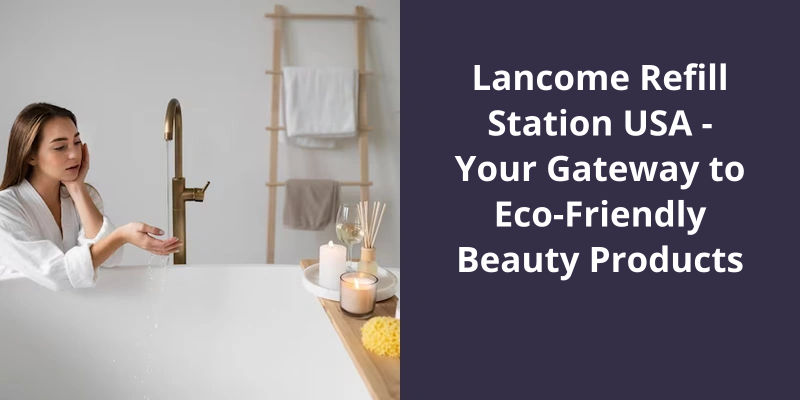Yes, Dr. Bronner’s does use glycerin in their products. Glycerin is commonly used in many soaps and personal care products due to its moisturizing properties. It helps to attract and lock moisture into the skin, making it a favorite ingredient for soaps, lotions, and other skincare products. Dr. Bronner’s soap features both organic oils and organic glycerin to provide a gentle, nourishing cleanse that leaves your skin feeling soft and hydrated. Therefore, while selecting Dr. Bronner’s products, users with a preference or sensitivity towards glycerin should keep this information in mind.

Does Dr Bronner’s Soap Have Glycerin?
Dr. Bronners soap is well-known for it’s all-natural and organic ingredients, making it a favorite among consumers who’re looking for a healthier and more eco-friendly option. One of the key ingredients in the soap is glycerin, a natural humectant that attracts moisture to the skin and helps to keep it hydrated. While most commercial soapmakers remove glycerin from their soaps and sell it separately, Dr. Bronners chooses to retain it in their soaps to provide extra moisturizing benefits.
Glycerin is a type of alcohol that’s commonly used in skincare products due to it’s ability to hydrate and condition the skin. It naturally attracts water molecules and helps to lock in moisture, making it an essential ingredient for those with dry or sensitive skin.
Many people are unaware of the benefits that glycerin can provide for their skin, and may mistakenly believe that it can lead to oily or greasy skin. However, this isn’t the case. Glycerin is actually non-comedogenic, meaning that it doesn’t clog pores or contribute to acne breakouts. Instead, it helps to balance the skins natural oils and prevent dehydration, making it an excellent choice for all skin types.
It can help to soothe inflammation and irritation, making it useful for those with conditions such as eczema or psoriasis. It can also improve the overall texture and appearance of the skin, leaving it looking smoother, softer, and more radiant.
It’s important to take note of the potential side effects of any substance we use, including glycerin. Whether taken orally or applied topically, glycerol can cause some adverse reactions. However, the good news is that the side effects are usually mild and short-lived. Let’s delve deeper into the possible effects of glycerin and how we can manage them.
What Are the Side Effects of Glycerin?
Glycerin, also known as glycerol, is a colorless, odorless liquid commonly used in a variety of personal care and pharmaceutical products. While it’s generally recognized as safe for use, there are some potential side effects to be aware of, particularly when taken orally.
When glycerin is taken by mouth, it’s generally considered safe when used for short periods of time. However, some individuals may experience side effects such as headaches, dizziness, bloating, nausea, and diarrhea. These symptoms are usually mild and transient, but if they persist or worsen, medical attention should be sought.
One of the main reasons glycerin is used in personal care products is for it’s moisturizing properties. When applied topically, glycerin is likely safe for most individuals. However, some people may experience mild skin irritation such as redness, itching, or burning. If these symptoms occur, it’s usually recommended to discontinue use of the product containing glycerin and seek medical advice if necessary.
There are also some potential allergic reactions to glycerin to be aware of. While these are relatively rare, some individuals may experience symptoms such as hives, itching, swelling, or difficulty breathing.
It’s also important to note that glycerin shouldn’t be ingested in large amounts, as this can lead to serious health problems. Overuse of glycerin laxatives, for example, can cause dehydration, electrolyte imbalances, and other serious health issues. Therefore, it’s important to follow dosage instructions carefully and to consult with a healthcare professional if you’ve any concerns.
Conclusion
In today's world, people have become more conscious and selective about the products they use, especially when it comes to personal care. As a result, the demand for natural and organic products has increased tremendously over the years. This sets them apart from commercial soapmakers who prioritize profit over providing quality products.





